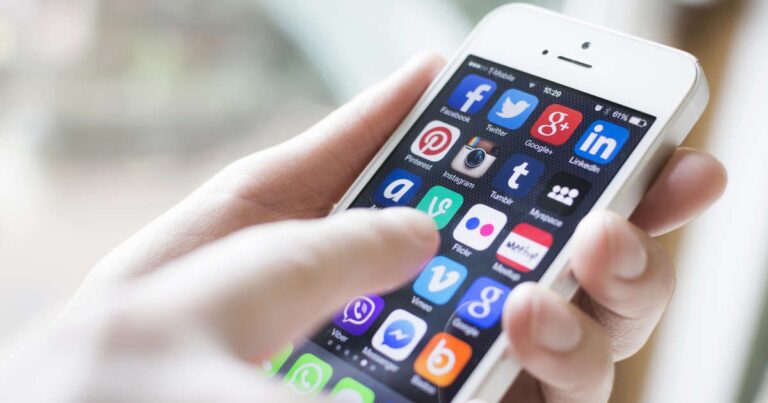This year, we've all been talking about AI, chat GPT, a (someday) cookie-free future, and traveler insights. Social media has become a little less crowded than before. Even though TikTok is the fastest growing platform, there has been talk of a possible ban in the US. Facebook still has the largest user base and is the top social channel for advertisers.
Recently, I met with the HSMAI Marketing Advisory Board to share key statistics and gather insights into how hoteliers are marketing in today's social media environment.
statistics
- Five billion people around the world are social media users.
- Facebook remains the largest online social media network, with 3 billion users and 70% of American adults having an account.
- TikTok is the fastest growing platform, with 1 billion users worldwide and approximately 50% of Americans have an account.
- Although YouTube is in decline, it still has more than 2.5 billion users worldwide.
- Pinterest is the second most visited website in the United States.
Is Facebook still active? What else are marketers using?
The group agreed that Facebook remains useful for hotel marketing, but many have shifted their focus to targeted advertising. By leveraging Facebook's extensive user data, hotels can tailor their ads to reach specific demographics and ensure maximum effectiveness.
Despite its popularity, TikTok presents unique challenges for hotel marketers. While hotels exist on the platform, the users of the platform are not typically the ones paying the higher average daily rate (ADR), so many hotels are not pursuing it at this time. However, TikTok is increasingly serving as a valuable search engine for users seeking localized educational information. TikTok has become a unique recommendation platform, as Gen Z users book hotels and plan travel activities based on the recommendations they see on TikTok.
Short-form video content like Instagram Reels and Pinterest videos are gaining a lot of traction. Hotel marketers are taking advantage of this trend as video performance helps them achieve desired results. The question arises about incorporating long-form video content, given that platforms such as Facebook and Instagram offer opportunities for such content. To create impactful video content, it's important to understand your target audience and their attention spans, especially by generation.
Creating content is really hard.
Hotel marketers often struggle with creating organic content, especially video content, that aligns with social media demands. Liability concerns with user-generated content drive the need for sophisticated and timely content creation. To produce high-quality content, it will be essential to collaborate with creators within social media channels and involve various stakeholders such as agencies, hotels, and influencers.
What comes next?
Looking to the future, the concept of the metaverse has generated a variety of opinions. While some believe this is a non-starter, others point out that technology companies continue to invest in and promote metaverse experiences. In the hospitality sector, virtual reality tours using headsets are gaining some traction in group sales, allowing hotels to immerse potential customers in a virtual experience from a distance.
Continue the conversation with your team.
- What's trending and what's not in social media marketing for hotels these days? Share your views on these and other trends that can impact your hotel's marketing strategy. please.


